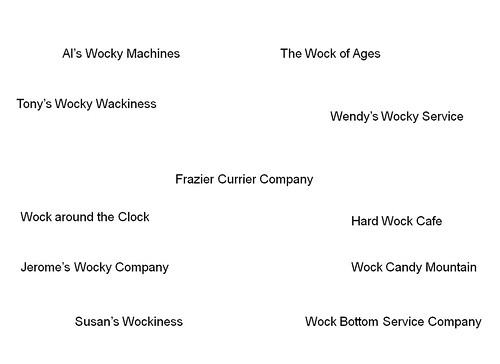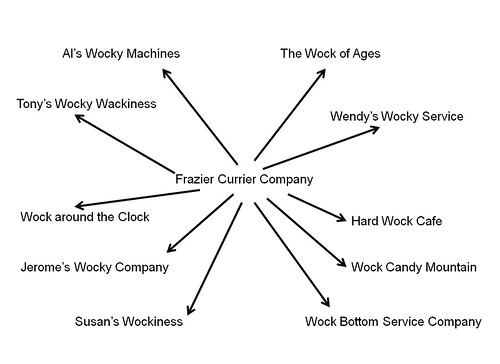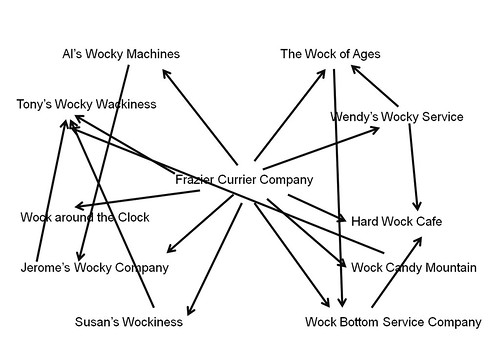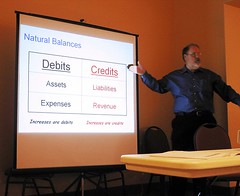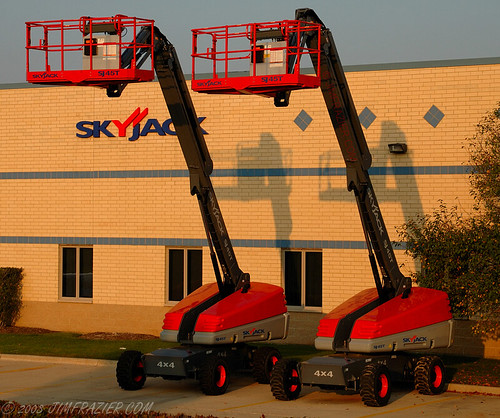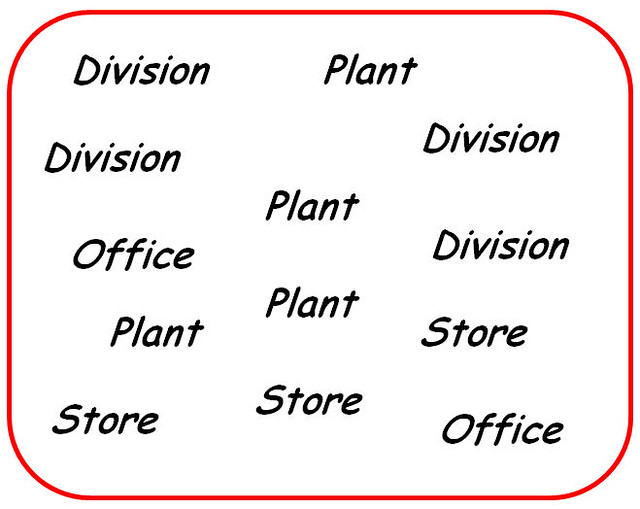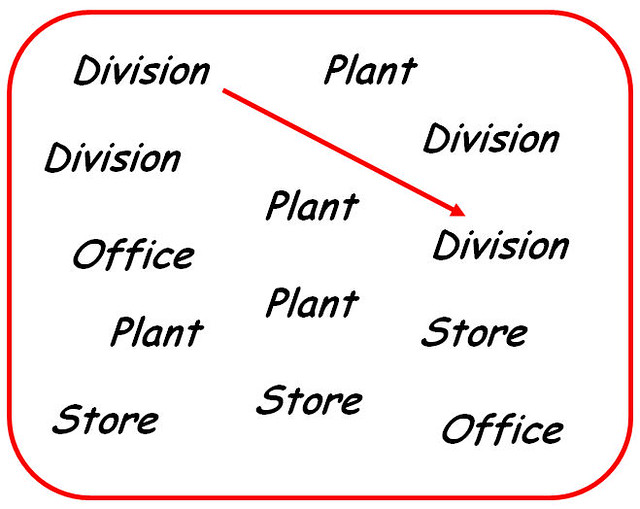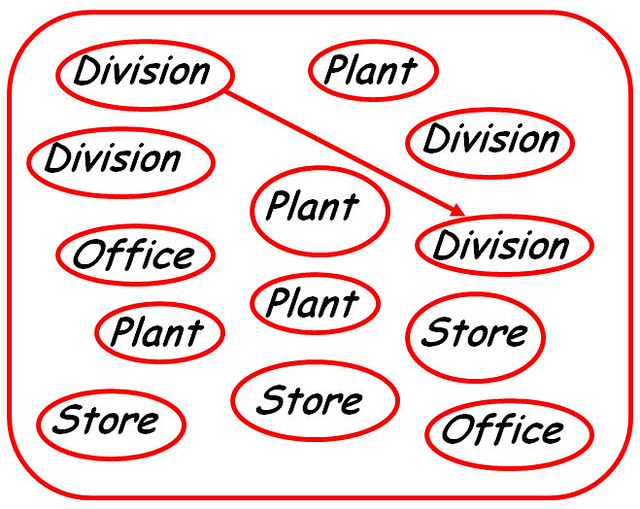
There was an link on Sales Tax News and Links today that brought up this topic. I actually wrote about this originally on July 16, 2009. Amazingly, the article needed little updating. But I have changed a few things and applied a little wordsmithing. So for you professional or semi-professional photographers out there, enjoy.
Photography services
Most states don't broadly tax services - but some do. And photography is also considered the delivery of product (the prints), and that product is usually taxable as the sale of tangible personal property. However, these rules vary enormously from state to state. So you need to research what YOUR state does.
For example, I'm in Illinois, and photography services aren't taxable. Even the delivery of the prints, if they're part of the photographer's service, like doing a wedding or a portrait session, are still not taxable.
However, in Wisconsin (a popular vacation destination for people from Illinois in case you've never seen Stripes), most photographic services, including shooting those portraits and weddings, are taxable. I bet that just bummed out a bunch of photographers I know in Wisconsin.
Film or print processing
Getting prints from the drug store is taxable in most states. It's the delivery of tangible personal property. And if you order prints online and they're delivered to you, you'll owe use tax if they don't charge tax.
Sale of prints
Just like the sale of any other tangible personal property, sales of photographic prints (eg. at an art show) are taxable.
Delivery of images online
In a few states, the delivery of pictures electronically is taxable. But while many states tax downloaded video, music and books, most states just haven't gotten around to photographs yet. But that will change over time. And the auditor might try to bluff you, just for grins.
And if you deliver the photographs on a flash drive or a DVD, then you've transferred tangible personal property, and the sale is no longer simply a transfer over the internet but a true sale of TPP.
Special tax breaks
There are a few states that have special exemptions for the sale of art - and this usually includes fine art photography. Don't get excited though. Only a few states do this.
Here's the cool part
If you're selling your taxable prints, then the paper and ink that you purchase is usually exempt as purchases for resale (or ingredients if you're thinking manufacturing). Heck, the inkjet printer might even be exempt as manufacturing equipment.
Please remember that, as you saw with Illinois and Wisconsin, the rules vary widely from state to state. You gotta look it up for your state. Because it's going to be different there.
The Sales Tax Guy http://salestaxguy.blogspot.com
See the disclaimer on the right.
Don't forget our upcoming seminars and webinars. http://www.salestax-usetax.com and there's more sales tax news and links here http://salestaxnews.blogspot.com
Picture note: the image above is hosted on Flickr. If you'd like to see more, click on the photo.










